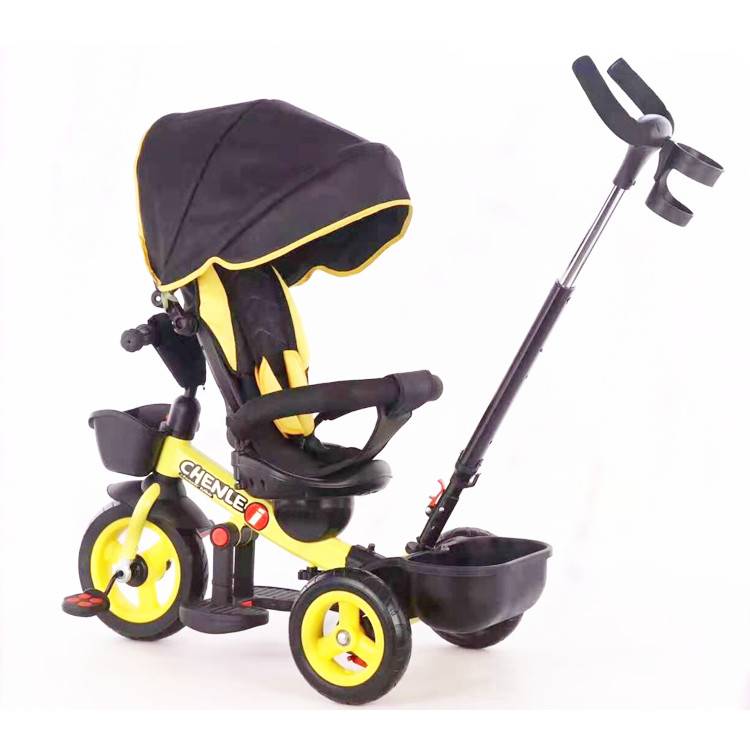10 月 . 13, 2024 22:14 Back to list
Scooter Manufacturing Partners and Suppliers for Quality and Performance
Exploring Scooter Factory Suppliers A Comprehensive Guide
In recent years, the popularity of scooters has surged globally, fueled by the need for efficient, eco-friendly transportation options. As urban environments become increasingly congested and the push for sustainable mobility intensifies, scooter manufacturers are under pressure to meet rising demand. This surge has led to a growing number of scooter factory suppliers emerging in various regions. Understanding the landscape of scooter factory suppliers is essential for manufacturers, distributors, and consumers alike.
Understanding Scooter Types and Market Trends
Before diving into the dynamics of scooter factory suppliers, it's essential to recognize the types of scooters available on the market. Primarily, we can categorize them into three main types electric scooters, gas scooters, and kick scooters. Electric scooters particularly have gained significant traction due to their zero-emissions nature, making them a favorite among environmentally conscious consumers.
Market trends show a notable increase in the adoption of electric scooters in urban areas. This trend is often accelerated by government incentives promoting electric mobility, coupled with the proliferation of shared scooter services. Consequently, the demand for high-quality, reliable scooter components has surged, making the role of suppliers even more critical.
Variety of Suppliers From Components to Complete Units
The list of scooter factory suppliers is diverse, ranging from manufacturers who provide individual components to those who supply complete scooters ready for distribution
. Here are some key categories of suppliers to consider1. Raw Material Suppliers These suppliers provide the fundamental materials needed for scooter production, such as aluminum for frames, batteries for electric scooters, and plastic for body components. Sourcing high-quality materials is crucial for ensuring durability and performance.
2. Component Manufacturers Specialized manufacturers focus on producing key components, including motors, wheels, brakes, and electronic control units. These suppliers play a vital role in defining the performance and safety of the final product.
3. Full Assembly Suppliers Some suppliers take on the responsibility of complete scooter assembly. They procure necessary components and materials, assembling the scooters to manufacturers’ specifications. Partnering with assembly suppliers can help manufacturers streamline their production process and reduce lead times.
4. OEM (Original Equipment Manufacturer) Suppliers OEM suppliers provide custom solutions for manufacturers, allowing them to design scooters tailored to their brand and market needs. These partnerships can result in innovative products that differentiate a manufacturer from its competitors.
scooter factory suppliers

Choosing the Right Supplier
Selecting the right scooter factory supplier can be a daunting task, given the multitude of options available. Here are some considerations to keep in mind
1. Quality Assurance Evaluate the supplier’s commitment to quality. This can include certifications (ISO, etc.), adherence to international standards, and a track record of producing reliable products.
2. Pricing While cost is a significant factor, it should be balanced with quality. The cheapest option may not always be the best if it compromises product reliability.
3. Lead Times In today’s fast-paced market, speedy delivery is vital. Suppliers who can offer quick turnaround times while maintaining quality standards are invaluable.
4. Communication and Support Establishing a good working relationship with suppliers enhances collaboration. Choose suppliers who are responsive and willing to provide ongoing support during the production process.
5. Sustainability Practices With growing environmental concerns, it’s prudent to consider suppliers who implement sustainable practices in their manufacturing processes. This aligns with the eco-friendly ethos of the scooter market.
The Future of Scooter Supply Chains
As the scooter market continues to evolve, so will the landscape of suppliers. Technological advancements, such as smart scooters with integrated IoT capabilities, will require suppliers who innovate in areas like software and battery technology. Additionally, geopolitical factors and trade policies will influence where manufacturers source their components.
In conclusion, as the scooter industry experiences unprecedented growth and transformation, understanding the role of scooter factory suppliers is more critical than ever. By choosing the right partners, manufacturers can ensure they remain competitive and responsive to market demands while contributing to the sustainable mobility movement. The future of urban transportation is bright, with scooters leading the way, driven by innovative suppliers dedicated to quality, efficiency, and sustainability.
-
Children Tricycle Factory Custom Designs & Safety Certified
NewsMay.30,2025
-
Best Scooters for Teens Top-Rated, Safe & Durable Rides for 2023
NewsMay.30,2025
-
Affordable Mini & Baby Bicycle Prices Best Deals & Discounts
NewsMay.29,2025
-
20-Inch Kids Tricycle Adjustable Seat, Safe & Durable Design
NewsMay.29,2025
-
20 Inch Kids Bikes Lightweight, Adjustable & Durable Designs
NewsMay.29,2025
-
Magnesium disc Bicycle wholesale children bicycle wholesale children mountain balance bicycle
NewsMar.07,2025
